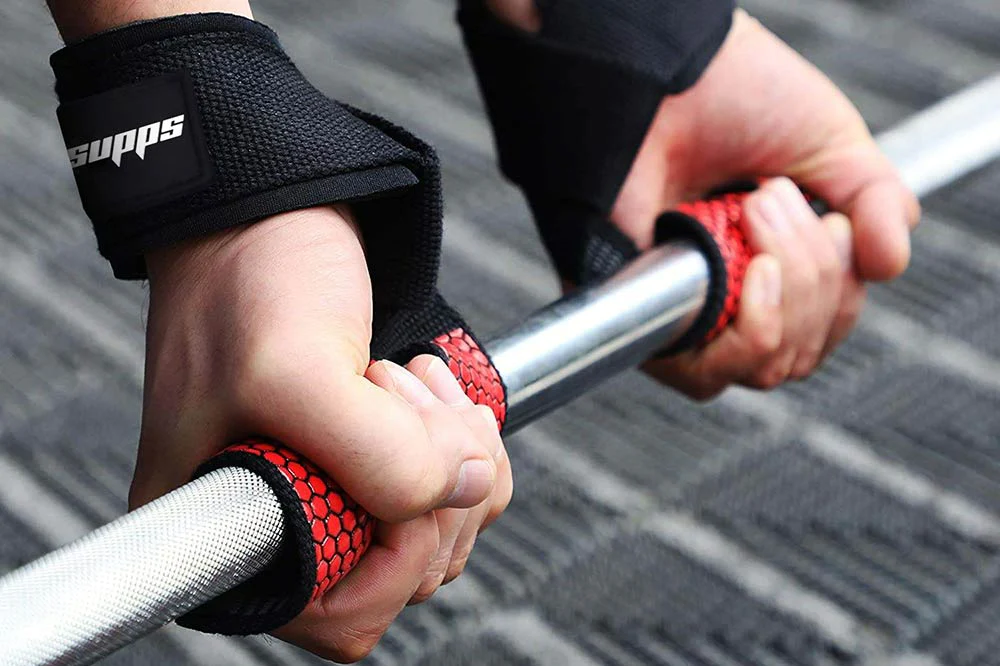In the world of strength training and weightlifting, the journey to a stronger, more capable body is often paved with dedication, discipline, and the pursuit of a new personal record. While the focus is typically on the major muscle groups being worked—the back during a deadlift, the legs in a squat, or the chest in a bench press— one thing we often forget to take note of that is key in making or breaking a workout- the grip. A failing grip is a common bottleneck that prevents athletes from lifting heavier, performing more repetitions, and fully exhausting the target muscle group. This is where quality lifting grips for women enter the scene, offering more than just a mechanical aid; they provide a profound, confidence-boosting power that allows lifters to truly hold on stronger, both physically and mentally.
Lifting grips are a specialized piece of equipment designed to enhance a lifter’s hold on a barbell, dumbbell, or pull-up bar. Unlike traditional chalk or lifting straps, modern grips offer a unique blend of support, protection, and ease of use. They are not a crutch to a weak grip but a strategic use which gives a lifter the capability to surpass limits and tap into a new plateau of strength and performance.
The Psychological Barrier of a Failing Grip
The psychological side to moving heavy a weight is important as well as the physical. When a lifter approaches a new personal best on an exercise like a deadlift, a sense of confidence is essential. However, the thought of the bar slipping from their hands—even a fraction of an inch—can create a psychological barrier. The mind starts to focus on the hands and forearms, diverting attention away from the powerful muscles of the back and legs that are meant to be doing the heavy work. This internal conflict can lead to a premature end to the set, with the lifter giving up not because their primary muscles are exhausted, but because their grip gave out.
This is a frustrating experience that can erode confidence over time. It can make a lifter hesitant to push their limits, creating a self-imposed ceiling on their progress. The fear of a failed grip can become a stronger force than the desire to lift heavier, stalling progress and making workouts less effective.
Optimizing Performance and Driving Progress
Beyond the psychological boost, lifting grips provide concrete, functional benefits that directly lead to better performance and long-term progress.
They allow lifters to perform more repetitions with a given weight. When the grip is no longer the limiting factor, the primary muscles can be pushed closer to true failure. This increased training volume is a fundamental driver of muscle hypertrophy and strength gains. A lifter who can do 10 repetitions on a pull-up with grips, but only 5 without, is getting a far more effective workout and building strength much faster.
Protecting Your Hands and Wrists
Physical advantages in the use of lifting grips do not only lie in the lift. They provide a very essential protection to the wrists and hands as well. The heavy lifting may lead to calluses, blisters and general fatigue in hands. A good grip gives a cushion between the skin and knurling on the bar keeping hand skin safe and the exercise more comfortable. This is a small but significant benefit, as painful blisters can prevent a lifter from training for days, disrupting their progress.
Additionally, some lifting grips offer wrist support. While not as comprehensive as a dedicated wrist wrap, this added support can help stabilize the wrist joint during heavy lifts, reducing the risk of strain or injury. This protection allows lifters to train more consistently and with greater confidence, knowing they are taking care of their body while pushing its limits.
Conclusion
The journey of strength training is as much about mental fortitude as it is about physical power. This poor grip may form a disabling psychological obstacle that will hinder advances and dilapidates the self-confidence. Quality lifting grips, with their secure hold, ergonomic design, and protective features, offer a powerful antidote. They provide the unshakeable confidence that the bar will not slip, freeing the mind to focus on the powerful muscles that are meant to do the work.



